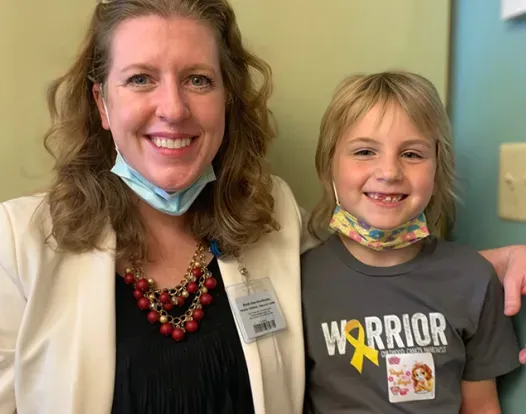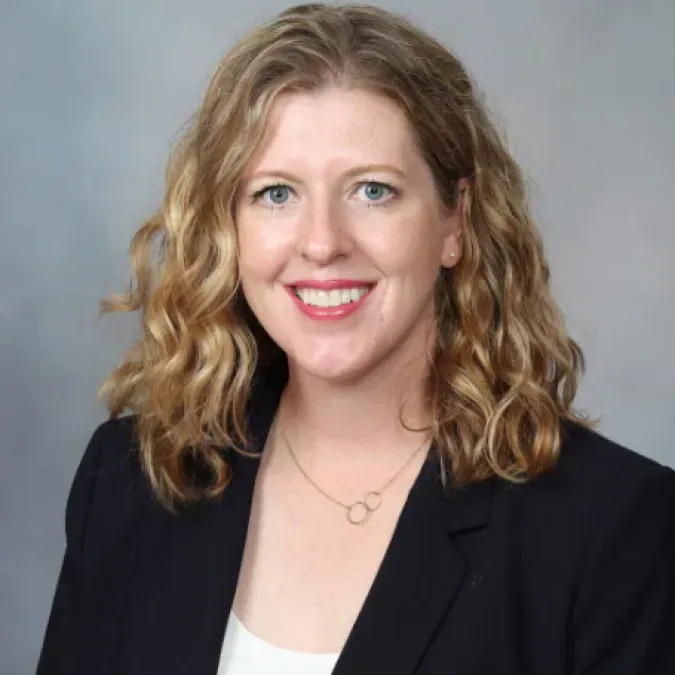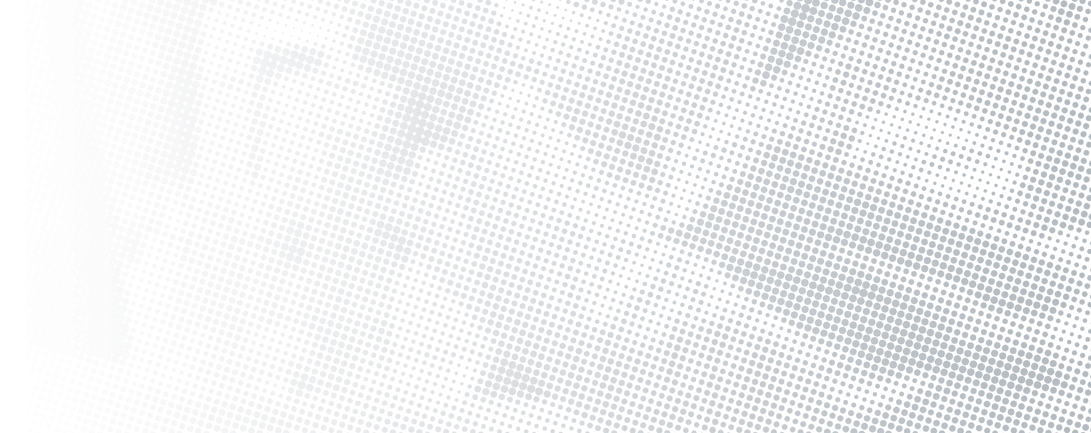These researchers have dedicated their careers to finding new treatments and cures for people with cancer.


Kenedi, a young patient with a Wilms tumor, needs a promising treatment plan to conquer this rare kidney cancer. Dr. Allen-Rhoades, a pediatric oncologist and hematologist at the Mayo Clinic Children’s Center, is ready to help.
Decades ago, survival rates for children diagnosed with Wilms tumors were low, but research for various cancer types has increased the odds.
“In the late 1960s, the survival rate of children diagnosed with Kenedi's cancer type had an overall survival rate of approximately 20%. A research consortium was formed in 1969 to study this disease,” Dr. Allen-Rhoades says. “Through the clinical trials conducted as part of the research consortium, the overall survival rate is now more than 90% for children diagnosed with this type of cancer.”
Research to Detect Rare Diseases
Dr. Allen-Rhoades focuses on detecting and developing biomarkers – measurable signs in the body that signal the presence of disease – in patients with sarcoma. Sarcomas are rare and patient outcomes remain poor compared to other pediatric cancers.
Using support from Conquer Cancer, Dr. Allen-Rhoades began investigating biomarkers for sarcomas. She worked with a robust network of sarcoma researchers in an alliance similar to the aforementioned Wilms tumor research consortium, which led to Dr. Allen-Rhoades' current Phase III trial for patients diagnosed with high-risk rhabdomyosarcoma. This study tests whether intensifying a class of drugs called vinca alkaloids can improve survival in patients with high-risk rhabdomyosarcoma. The trial is especially important for patients with high-risk disease because there have been no upfront phase III clinical trials or new drugs available for testing in this disease for the past two decades.
“We hypothesize that vinca alkaloid intensification will improve overall survival in patients with high-risk rhabdomyosarcoma,” Dr. Allen-Rhoades says. “The YIA [grant] laid the groundwork for me to really understand the science behind the cancers I treat. In addition to the clinical questions, we have built-in several basic science questions that we hope will advance our understanding of these difficult-to-treat diseases.”
The trial is helping Dr. Allen-Rhoades better understand the usefulness of circulating tumor DNA (ctDNA), DNA that comes from cancerous cells and tumors, as a tool for signaling the presence of cancer and predicting the likely course of disease for patients. Dr. Allen-Rhoades draws from her collaborative clinical research on sarcoma to maximize Kenedi’s chances of conquering Wilms tumor.
Helping Kids Like Kenedi
“We now routinely use molecular biomarkers to risk stratify patients diagnosed with Wilms tumor,” Dr. Allen-Rhoades says. “This has allowed us to better tailor therapy for patients like Kenedi and better estimate prognosis and ultimately improve outcomes.”
Treatments and cures for patients are outcomes of long-term scientific collaboration and dedicated investments in research. And patients like Kenedi are at the center of all Dr. Allen-Rhoades' discoveries.
“Without the dedicated childhood cancer research that preceded Kenedi’s diagnosis, it is unlikely she would have been cured. Today, she is thriving,” Dr. Allen-Rhoades says. “We hope that she will continue to thrive and do all of the wonderful things that she has planned for her life.”


